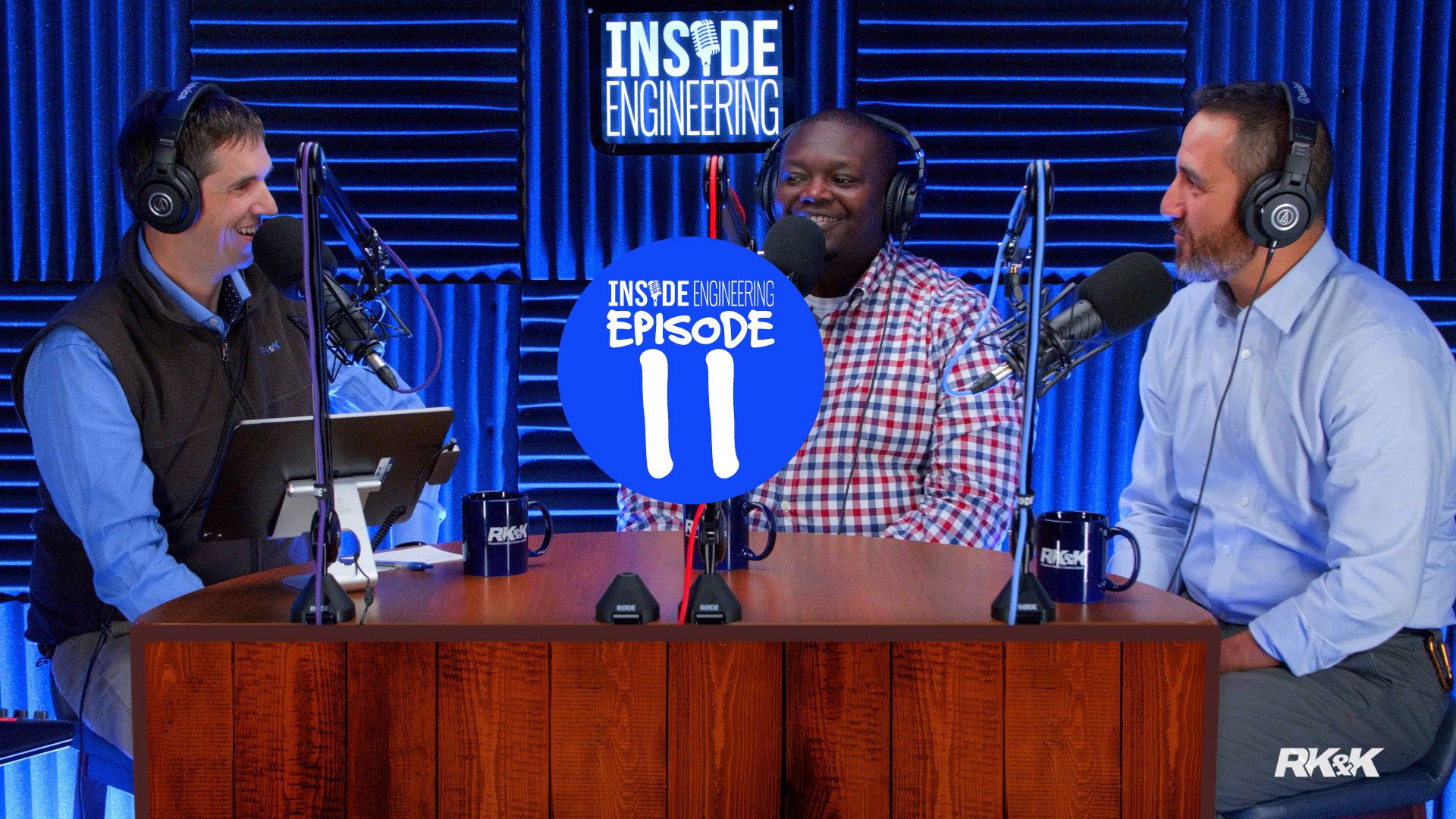Listen
Watch

Show Notes
Chapters
Wishes He’d Known Earlier
Patrick says that earlier on in his career he wished he’d have realized it wasn’t a zero sum problem. “I didn’t realize when I first started was that sometimes I felt like as the owners rep or working on a big project, you know, the contractor was the other team and I was on another team and it was two teams. And I think that over the years I’ve learned that it’s really more of a partnership.”
Clayton wishes he’d have known that construction was a viable career — or that environmental construction was an available mashup.
Pick of the Week
Clayton’s pick is the new movie ‘The Joker’. “Starts off slow. Ends great.”
Patrick is interested in getting eight hours of sleep a night and recommends it for everyone.
